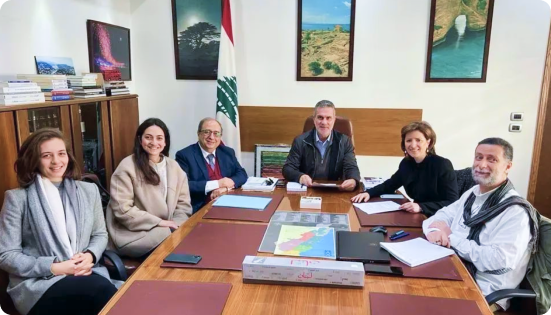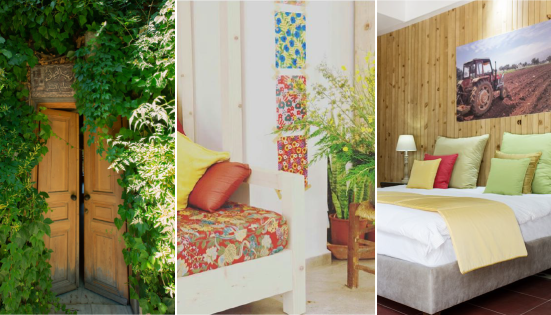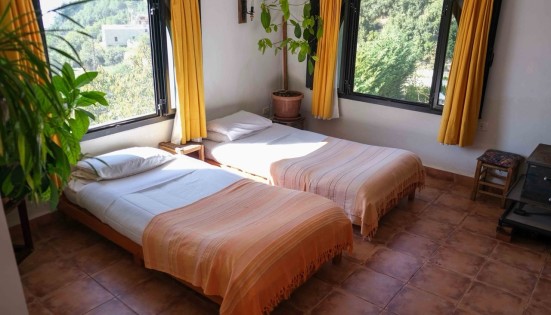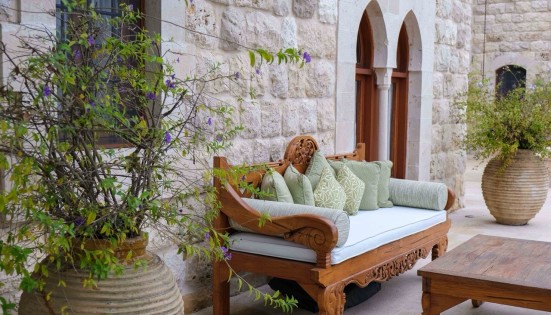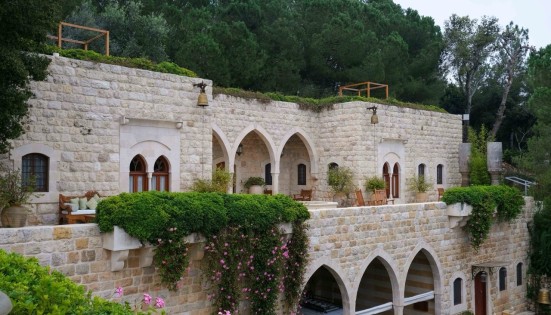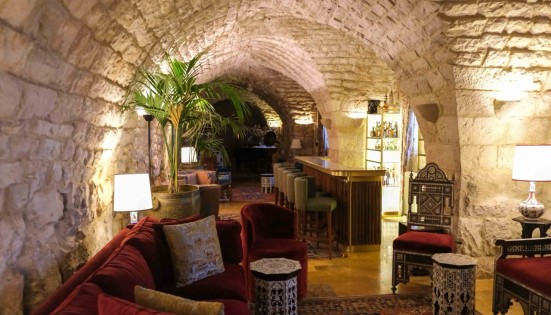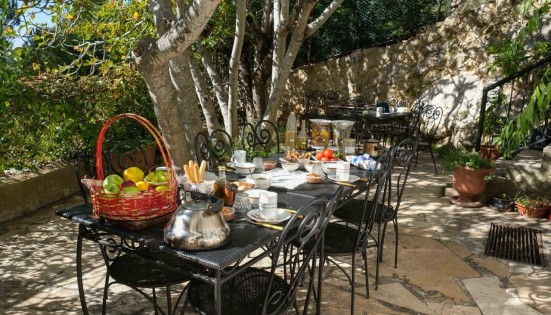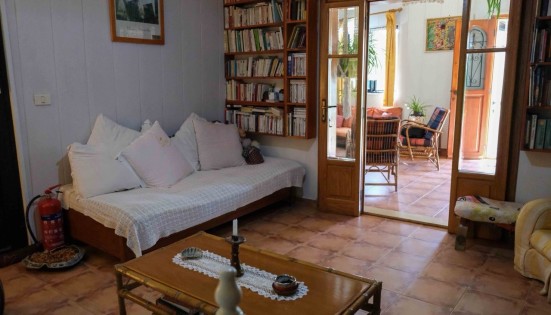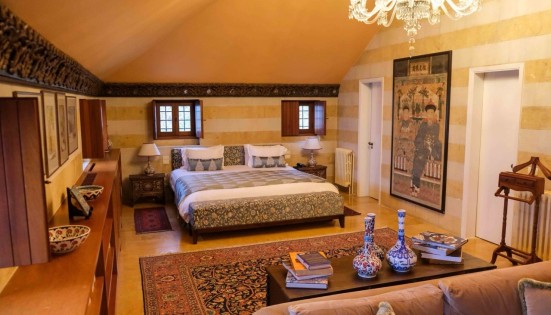When it comes to modern travel, a quiet revolution is shaping the contours of sustainable and responsible tourism. Pascal Abdallah, President of the Union of Sustainable and Ecotourism Institutions in Lebanon (USEIL) and Expert in Sustainable Tourism, and Omar Sakr, Lebanon Mountain Trail Association (LMTA) Executive Director and Senior Lecturer and Practitioner in Hospitality, offer a compelling narrative about the relationship between guesthouses and guest tables and sustainable development within rural tourism. Both experts were involved in the joint initiative between USAID’s Trade and Investment Facilitation (TIF) project and Le Passeport Culinaire, which aimed at improving the operational conditions for guesthouses and guest tables, promoting responsible tourism, and enabling them to enhance their capabilities through a series of workshops and a complete overhaul of the relevant decree.
But first, what is a guest table and its subcategories, “Table d’Hôte” and community tables?
Lebanon has seen an accelerated shift towards rural, authentic, and experiential tourism post COVID-19. This transition, underscored by heightened awareness among younger generations regarding environmental conservation and heritage preservation, signals a new dawn for responsible and sustainable tourism practices.
So, what are sustainable tourism and responsible tourism?
Sustainable and responsible tourism, according to Abdallah, embody not just attitudes but imperatives—a methodology that must be woven into the fabric of tourism practices. Both fall under the umbrella of sustainable development, catering to the triple bottom line encompassing nature and conservation, culture and society, and the economy. The focal point lies in aligning tourism with the 17 Sustainable Development Goals, understanding that achieving absolute sustainability might be unattainable but tirelessly working towards it is indispensable.
Central to this ethos is the division between responsible tourism and sustainable tourism, the transformative power of which finds its most poignant resonance in rural communities, long neglected in favor of landmark-centric tourism. Abdallah and Sakr highlight the vital link between these principles and rural areas, emphasizing that a failure to integrate sustainable and responsible practices can significantly undermine these communities.
How can we distinguish sustainable tourism from responsible tourism?
Responsible tourism leans towards the consumer, or the guest, emphasizing the role of tourists, while sustainable tourism becomes the responsibility of the service providers of the tourism experience.
Where service providers should promote sustainable tourism through their practices (such as conservation, and environmentally friendly actions and activities), they should also be raising awareness in their guests by directing them to more authentic and cultural experiences, particularly in rural communities.
Guests, on the other hand, should practice responsible tourism by engaging with the communities they’re visiting, buying local products and handicrafts, supporting small local businesses, and choosing guesthouses and guest tables over hotels and franchises when looking for authentic experiences. And as visitor numbers surge, the delicate balance between responsible guidelines and mass tourism becomes paramount, safeguarding heritage and culture.
And while the increased interest in rural tourism has shined a light on guesthouses and guest tables, their impact on the sector has been immensely significant, through bolstering employment within the community, and highlighting local foods and heritage. Unlike larger hospitality chains, guesthouses and guest tables are run by local residents or families deeply rooted in their regions. This proximity to the community ensures that job opportunities directly benefit the locals. From maintenance to cooking, or guiding guests toward local businesses and attractions, neighbors support guesthouse operations in a multitude of ways.
In essence, rural tourism in Lebanon strongly underlines the potent fusion of authenticity and sustainability. It offers a respite from urban chaos, unveiling a realm where visitors rediscover their roots, basking in the authenticity of rural life while invigorating these communities through a multitude of novel experiences—from adventure tourism to immersive agricultural activities.
Ultimately, Pascal Abdallah and Omar Sakr’s vision champions a holistic approach, uniting governments, municipalities, experts, service providers, and tourists in a collective effort to embody responsible and sustainable tourism—where every stakeholder plays a pivotal role in creating a brighter, more sustainable future for travel.
This article is part of a joint project between the Trade and Investment Facilitation (TIF) activity, funded by the United States Agency for International Development (USAID), and Le Passeport Culinaire to strengthen guesthouses and guest tables in Lebanon and enhance their competitiveness.
The content of this article is the sole responsibility of Le Passeport Culinaire S.A.R.L. and does not necessarily reflect the views of USAID and the United States Government.








